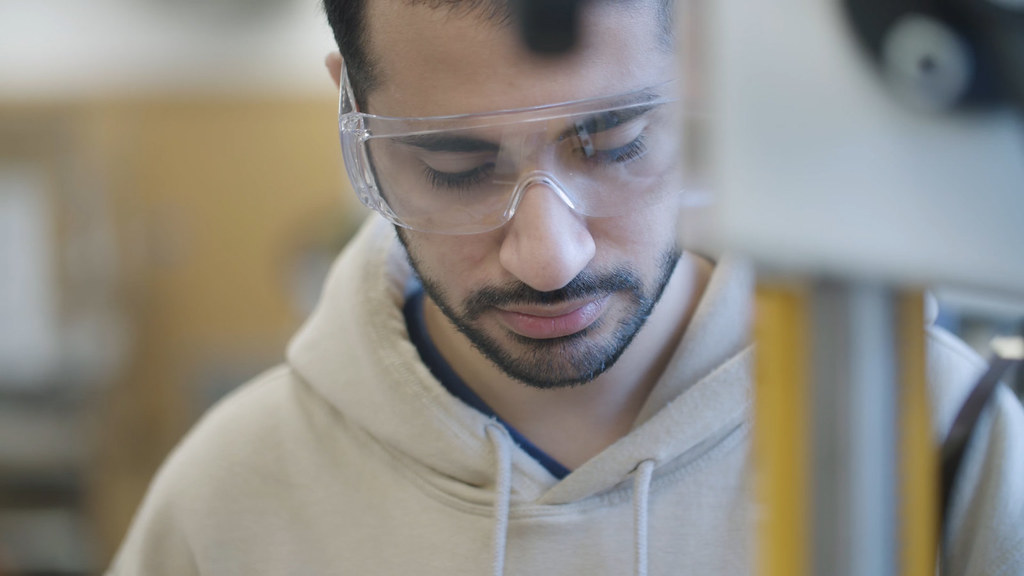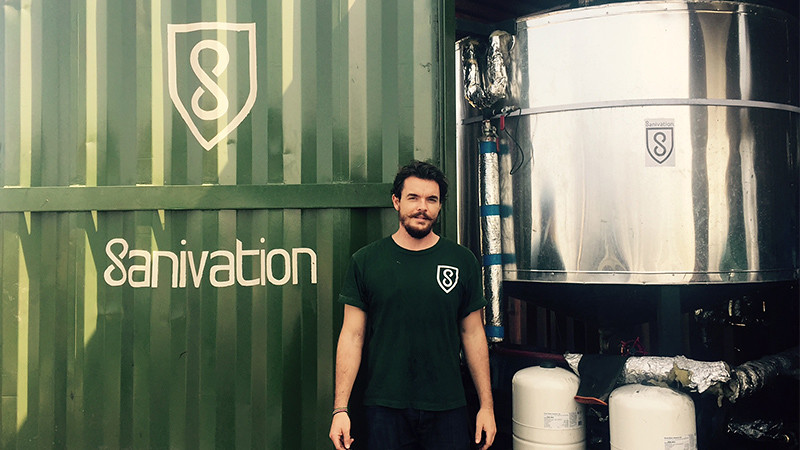
During their degrees our students combine creativity in design with scientific analysis to develop new products, processes and structures. Working individually and in groups they solve problems and develop concepts to improve the world around them.
'Engineers need good mathematical ability, but much more than that. They have to be imaginative, responsible, creative, and they must be very good at working with all sorts of other people. Geography, economics, art, history, modern languages, psychology, as well as the traditional maths and physics, can all help you to become an excellent engineer.' — Dr Antony Darby, Reader in Structural Engineering
Engineering graduates are in great demand across a variety of fields from industry to academia. They are trained in a range of hard and soft skills that make them highly employable including:
- effective communication and presentation
- team-working and leadership
- project and time management
- research, numeracy and design


